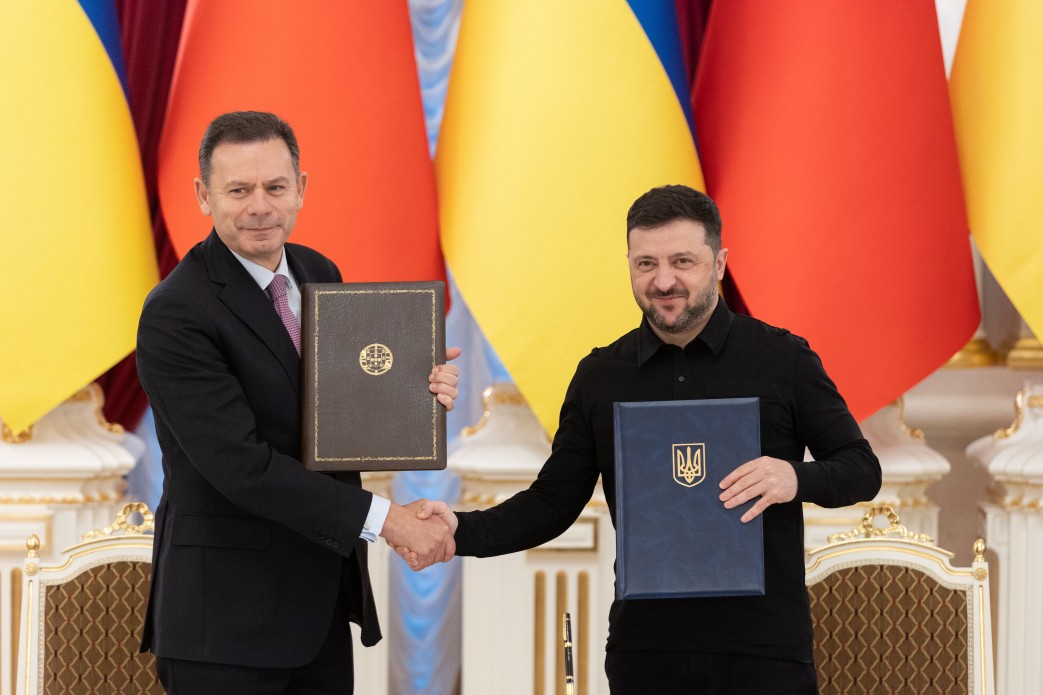Logistics in the Mediterranean are currently quite complicated for Russia due to the closure of the Bosporus Strait.
Navy spokesperson for the Armed Forces of Ukraine, Dmytro Pletenchuk, stated this during a TV broadcast.
"Now, for the Russians, logistics in the Mediterranean are quite difficult, considering the Bosporus is closed. Yes, they are demonstrating their presence—sometimes this is referred to as 'flag showing'—and of course, they will still try to return here. But using the navy for this purpose, as they used to, is now virtually impossible for them," Pletenchuk said.
According to him, "very interesting" events are currently unfolding in the Mediterranean—somewhat tragic for Russia from a geopolitical standpoint.
"They're slowly marching toward the exit. Apparently, it became a problem for them that they were 'asked to leave' from what was their base in Tartus (in Syria), which they had been developing for half a century. But we are seeing actions that indicate they are indeed being forced to leave. They do still have places to bunker—ports they can enter, like in Algeria and Egypt—but these are not military bases," the spokesperson noted.
Now, he said, Russians will have to bypass Europe via the Atlantic to reach the Mediterranean and carry out the tasks assigned by their leadership.
"Unfortunately, they’re also trying to advance their interests in Africa… but that’s becoming quite expensive and time-consuming," Pletenchuk added.
Regarding whether Russia is using the Sea of Azov for logistical purposes, Pletenchuk said such activities have been observed throughout the full-scale invasion of Ukraine.
"They periodically use the waters to transfer looted goods from occupied Ukrainian ports to their official ports. Unfortunately, they continue to do so, using vessels that can be loosely called the 'shadow fleet' (although they are all officially registered in Russia), and then they export Ukrainian raw materials via official ports on the Azov Sea," the spokesperson said.
He also noted that there is no Russian military activity in the Sea of Azov.




















